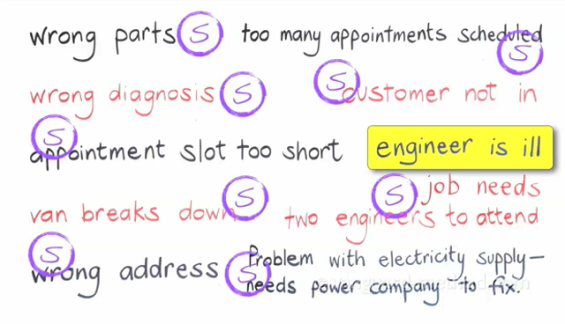600 words (3 minutes reading time) Colin Weatherby

Source: Vanguard video ‘Tactics for helping people learn about the 95:5 principle, Part 1′
There have been several posts about performance appraisal and the ineffectiveness of systems designed to improve the performance of individuals. This posts picks up on the key theme of those posts – i.e. a person is not totally responsible for their performance in a system of work and managers need skills in understanding and improving the system.
This has been a compelling idea in my thinking and my work. Despite the many criticisms and problems encountered with people and their work in local government, I have met very few people who come to work to do a bad job. Many years of watching people work and talking to them about their work had led me to conclude that it was the way they were asked to do the work and the tools they were given that created most of the problems. I just didn’t know how to describe it.
Then I read Peter Scholtes’ book ‘The Leaders Handbook: making things happen, getting things done’, and his quote from Edwards W. Deming struck a chord with me:
“The fact is that the system that people work in and the interaction with people may account for 90 or 95 percent of performance.”





